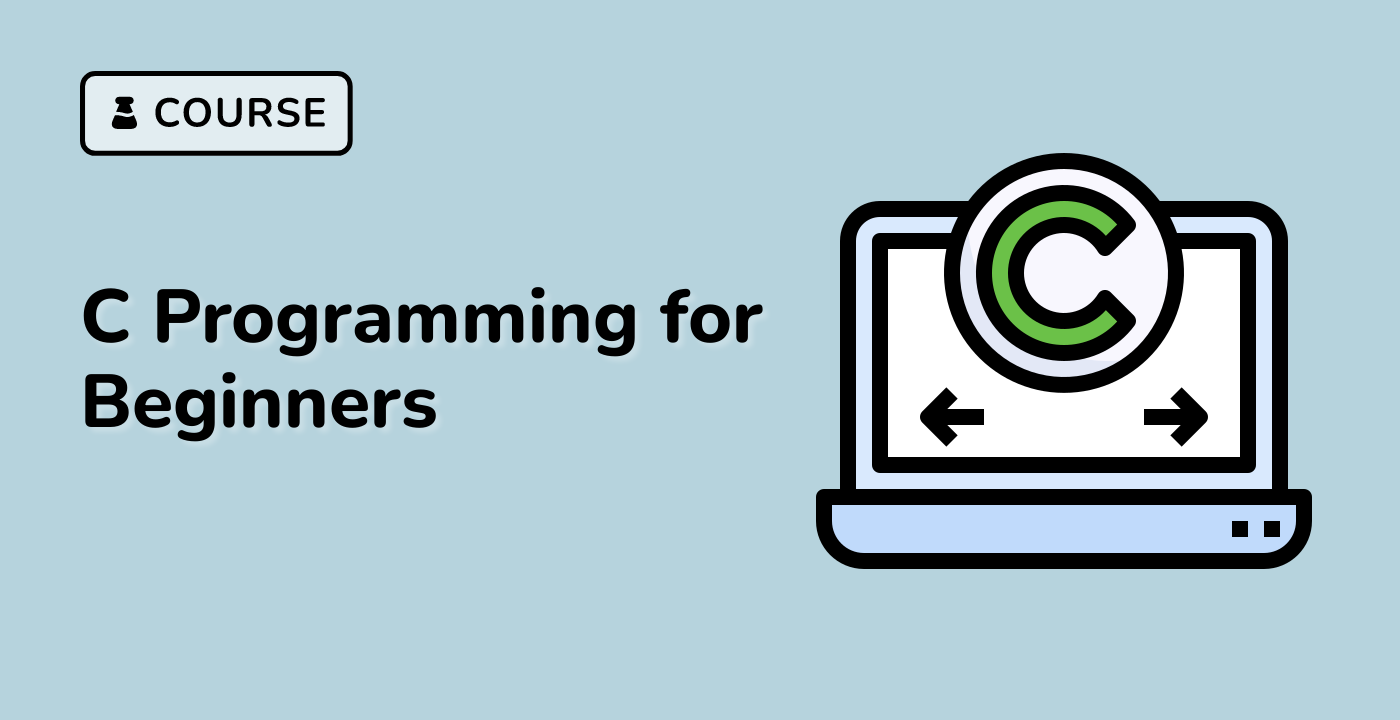Best Practices
Naming Conventions
Function Naming Guidelines
// Good: Descriptive and clear
int calculate_total_price(int quantity, double unit_price);
// Avoid: Vague and unclear
int func(int x, int y);
Declaration Location Strategies
graph TD
A[Function Declaration Placement] --> B[Header Files]
A --> C[Before Usage]
A --> D[Consistent Scope]
Recommended Practices
// math_utils.h
#ifndef MATH_UTILS_H
#define MATH_UTILS_H
// Function declarations belong here
int calculate_sum(int a, int b);
double calculate_average(int* arr, int size);
#endif
Parameter Handling
| Practice |
Recommendation |
Example |
| Input Validation |
Check parameter ranges |
int divide(int a, int b) |
| Const Correctness |
Use const for read-only params |
void process_data(const int* data) |
| Pointer Parameters |
Specify nullability |
int* safe_malloc(size_t size) |
Error Handling in Declarations
// Good: Clear error indication
int read_file(const char* filename, char* buffer, size_t buffer_size);
// Include error codes or use error pointers
int process_data(input_data* data, error_t* error);
Efficient Parameter Passing
// Prefer passing by reference for large structures
void update_complex_struct(large_struct* data);
// Use const for read-only large structures
int analyze_data(const large_struct* data);
Documentation Practices
/**
* Calculates the factorial of a number
* @param n Input number (non-negative)
* @return Factorial result or -1 if invalid input
*/
int calculate_factorial(int n);
Advanced Declaration Techniques
Function Pointer Declarations
// Typedef for complex function pointers
typedef int (*math_operation)(int, int);
// Flexible callback mechanism
int apply_operation(int a, int b, math_operation op);
Common Pitfalls to Avoid
- Inconsistent function signatures
- Incomplete parameter type information
- Neglecting error handling
- Overcomplicated function declarations
Compilation and Verification
## Use compiler warnings
gcc -Wall -Wextra -Werror your_code.c
At LabEx, we recommend these practices to write robust and maintainable C code with clear function declarations.




